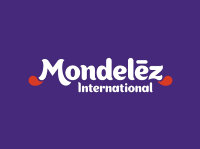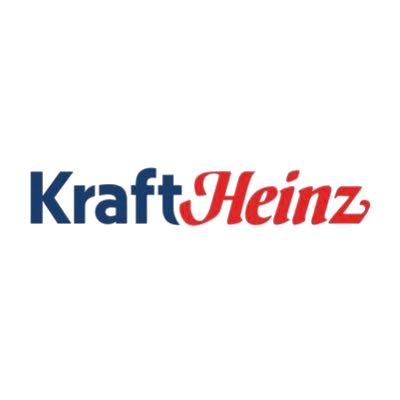Thai Union Group PCL
SET:TU
Gross Margin
Thai Union Group PCL
Gross Margin is the amount of money a company retains after incurring the direct costs associated with producing the goods it sells and the services it provides. The higher the gross margin, the more capital a company retains, which it can then use to pay other costs or satisfy debt obligations.
Gross Margin Across Competitors
| Country | Company | Market Cap |
Gross Margin |
||
|---|---|---|---|---|---|
| TH |
T
|
Thai Union Group PCL
SET:TU
|
46.4B THB |
19%
|
|
| JP |
G
|
Goyo Foods Industry Co Ltd
TSE:2230
|
53.2T JPY |
34%
|
|
| CH |

|
Nestle SA
SIX:NESN
|
232B CHF |
47%
|
|
| US |

|
Mondelez International Inc
NASDAQ:MDLZ
|
88.7B USD |
39%
|
|
| FR |

|
Danone SA
PAR:BN
|
45.5B EUR |
50%
|
|
| ZA |
T
|
Tiger Brands Ltd
JSE:TBS
|
45.1B Zac |
28%
|
|
| US |

|
Kraft Heinz Co
NASDAQ:KHC
|
36.3B USD |
35%
|
|
| US |

|
Hershey Co
NYSE:HSY
|
34.2B USD |
47%
|
|
| US |

|
General Mills Inc
NYSE:GIS
|
32.6B USD |
35%
|
|
| CN |

|
Foshan Haitian Flavouring and Food Co Ltd
SSE:603288
|
225.6B CNY |
35%
|
|
| CH |

|
Chocoladefabriken Lindt & Spruengli AG
SIX:LISN
|
27B CHF |
65%
|
Thai Union Group PCL
Glance View
Thai Union Group PCL is a fascinating narrative of transformation and expansion that has positioned itself as a giant in the global seafood industry. Founded in 1977, the company began as a small canned tuna processor with ambitious dreams. Over the decades, it has evolved into a multinational seafood processor with a diversified portfolio, becoming both a producer and a marketer of its brands. The group's strategy has been deeply rooted in the strategic acquisition of overseas entities and partnerships, which have allowed Thai Union to gain a foothold in important markets like Europe and North America. Well-recognized brands like Chicken of the Sea, John West, and Petit Navire exemplify its extensive reach, reinforcing the company's strength in key seafood categories such as tuna, shrimp, and sardines. Thai Union's business model revolves around vertical integration and sustainability. By controlling various stages of the supply chain, from fishing or sourcing to processing and branding, the company mitigates risks related to raw material costs and quality control, ultimately enhancing profitability. Its commitment to sustainability isn't simply moral posturing but a pragmatic business move; leading initiatives like the SeaChange® sustainability strategy emphasize responsible sourcing and environmental stewardship, which resonate well with increasingly eco-conscious consumers. This not only strengthens Thai Union’s brand reputation but also ensures long-term viability in an industry often scrutinized for its environmental impact. Through strategic innovation, efficient operations, and a clear focus on sustainability, Thai Union continues to navigate the waters of the global seafood market with the precision and foresight akin to navigators of old.
See Also
Gross Margin is the amount of money a company retains after incurring the direct costs associated with producing the goods it sells and the services it provides. The higher the gross margin, the more capital a company retains, which it can then use to pay other costs or satisfy debt obligations.
Based on Thai Union Group PCL's most recent financial statements, the company has Gross Margin of 18.5%.



















































 You don't have any saved screeners yet
You don't have any saved screeners yet